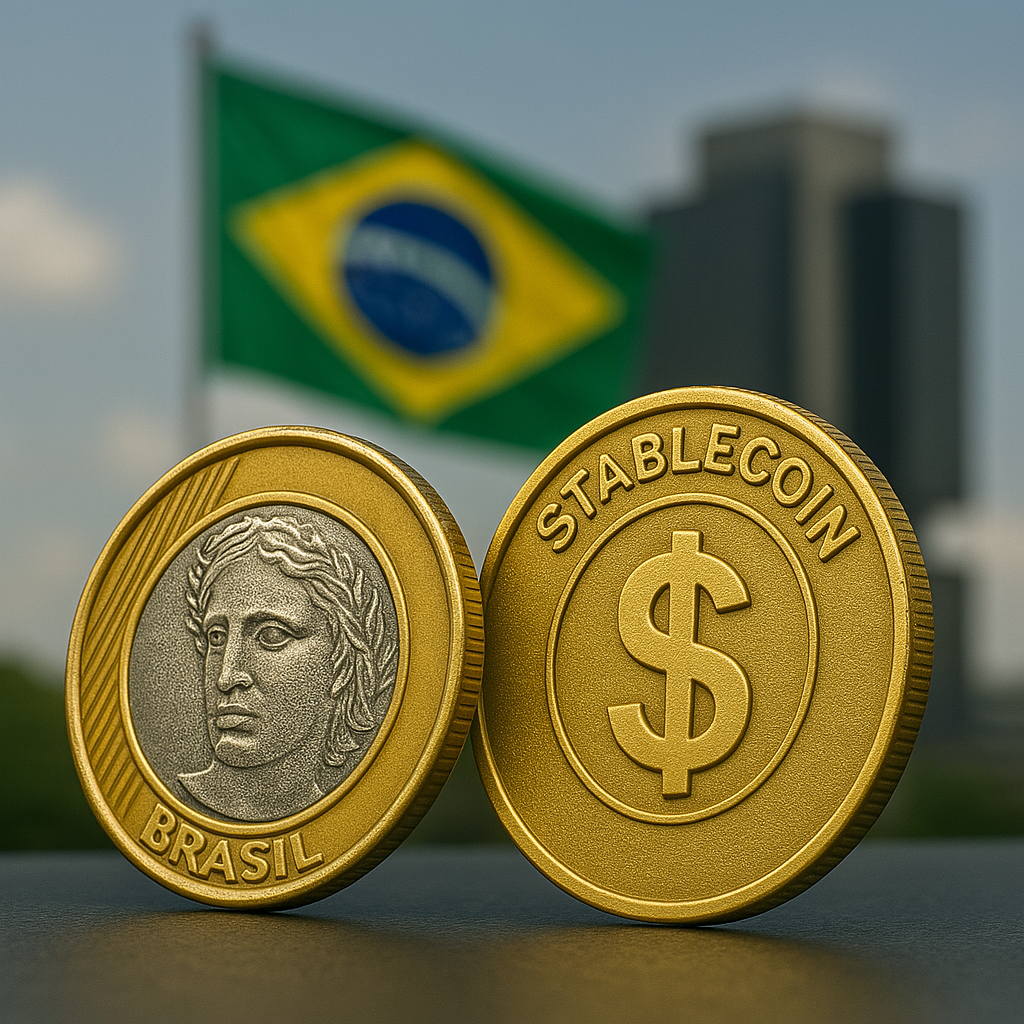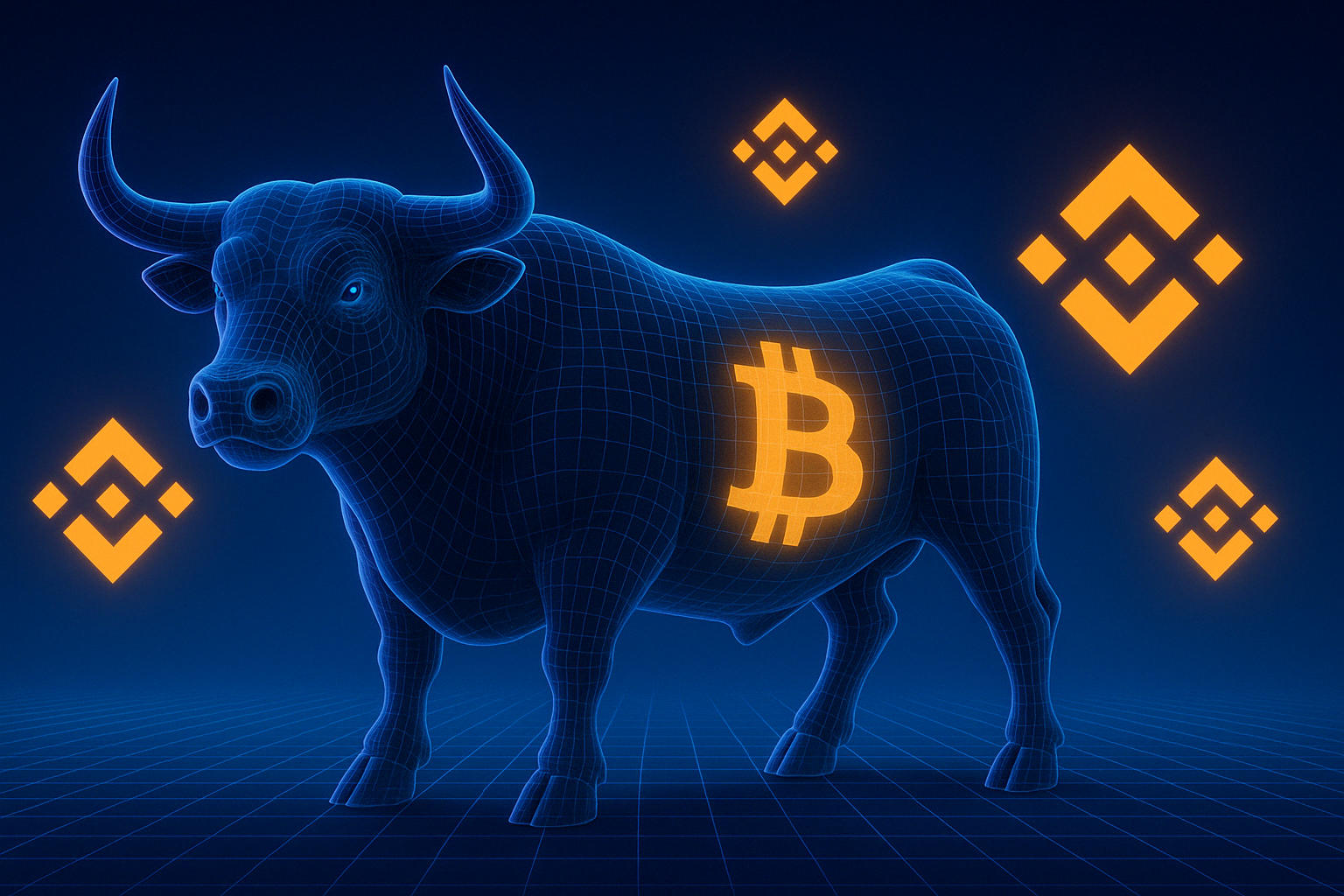Itaú Unibanco—the largest bank in Brazil with over 55 million customers—is thinking about launching its own stablecoin. But before anything moves forward, they want one thing: clear rules.
Speaking at an event in São Paulo, Guto Antunes, who heads digital assets at Itaú, said they’re excited about stablecoins, especially for how they could make payments faster, cheaper, and safer. Still, the bank is holding off until Brazil’s Central Bank gives the green light.
New Crypto Rules Could Slow Things Down
Right now, everything depends on Public Consultation No. 111—a proposed regulation that could change how stablecoins work in Brazil.
One major concern? The draft could ban dollar-backed stablecoins from being sent to self-custody wallets—which is a big deal for anyone who wants full control of their crypto.
“We need clarity before we move forward,” Antunes said. “The Central Bank’s decision will shape everything.”
Why This Matters Now: Trump’s Take on Crypto
Itaú’s interest in stablecoins isn’t just a local thing—it’s part of a bigger trend. Ever since Donald Trump came out against central bank digital currencies (CBDCs) and backed private stablecoins instead, banks around the world are paying closer attention.
Antunes said Itaú has looked into stablecoins for years, and believes blockchain could totally change how we pay and get paid.
Stablecoins Are Already Huge in Brazil
In September 2024 alone, Brazilians traded $4.2 billion in crypto—and a whopping 71.4% of that was in stablecoins. USDT led the pack with $2.77 billion in transfers.
Even though the new rules might make self-custody harder, Antunes still supports it. He sees self-custody as essential to financial empowerment, not a threat.
Itaú’s Watching What the U.S. Does Next
In the U.S., the stablecoin market is booming—now worth over $230 billion. Big names like Fidelity and Custodia Bank are even launching their own coins.
Itaú is keeping a close eye on how these projects roll out—and what lessons they can apply in Brazil.
Could Itaú’s Stablecoin Change Banking in Brazil?
If the rules ease up, Itaú could launch a stablecoin that connects seamlessly with traditional banking—maybe even for regular users, not just big institutions.
Antunes is excited about the idea of programmable payments—imagine automatic salary deposits, bill payments, or supply chain transactions—all powered by smart contracts.
In his words:“This could be the beginning of a new financial era in Brazil.”



